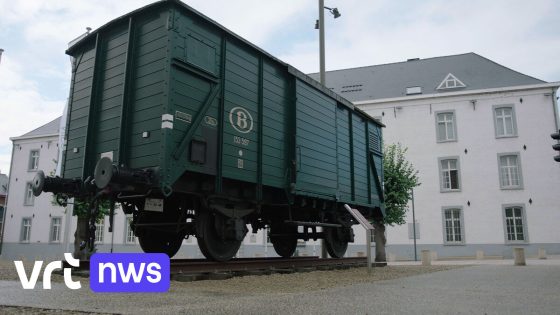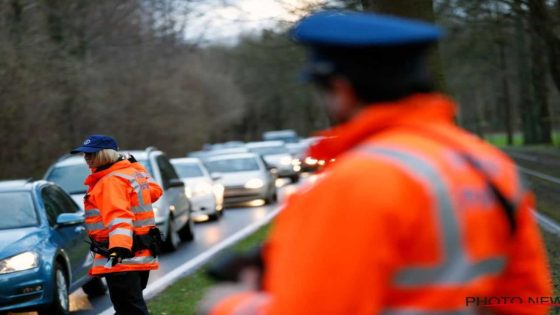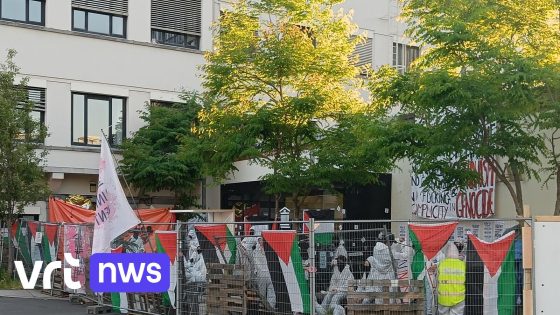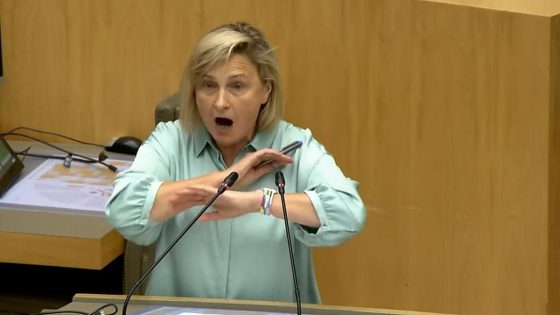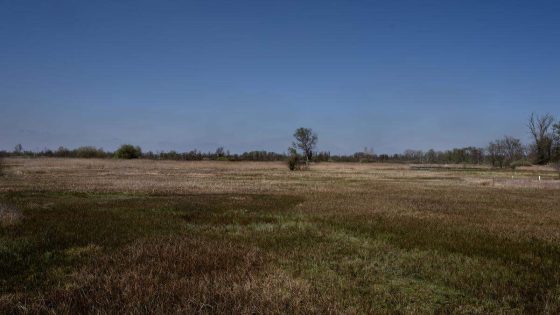The NMBS is launching a significant campaign this September to shed light on its role during the Second World War. This effort includes a temporary exhibition at Train World, alongside conferences and educational materials aimed at schools. The initiative reflects a broader commitment to confront and educate about Belgium‘s difficult past.
- NMBS launches broad campaign on WWII history
- Organizes conferences and educational packages
- Minister Crucke commits to legal investigation
- Groep der Wijzen issues key recommendations
- NMBS deported over 25,500 Jews and Roma
- Transports included forced laborers and prisoners
On 2025-05-21 18:52:00, NMBS CEO Sophie Dutordoir emphasized the importance of remembering these dark chapters to ensure they never happen again. Minister of Mobility, Georges Crucke, also pledged action in the Senate, highlighting personal family ties to the war’s tragic events and promising a legal review of the Belgian state’s responsibility in wartime deportations.
With this renewed focus, how will Belgian society reconcile with this history? And what steps will be taken to educate future generations? The Fast Answer provides clarity on the local impact of these initiatives.
Why is this campaign crucial now? It confronts uncomfortable truths about NMBS’s involvement in deporting over 25,500 Jews and Roma, plus tens of thousands of forced labourers and political prisoners. This transparency encourages reflection and accountability, while:
- Providing educational resources for primary and secondary schools
- Hosting conferences to discuss historical and legal perspectives
- Involving government officials committed to investigating state responsibility
- Engaging the public through visible campaigns in stations across Belgium
As these projects unfold, Belgians are invited to engage with this history actively. Will this lead to greater national understanding and healing? The coming months will reveal how education and accountability shape Belgium’s collective memory.



